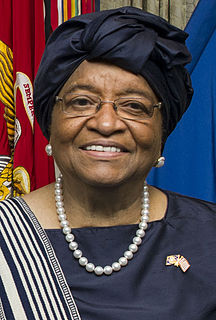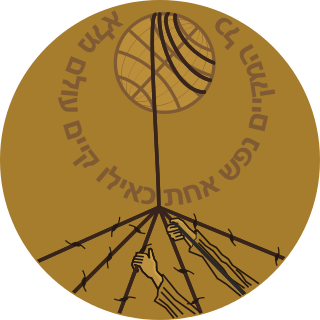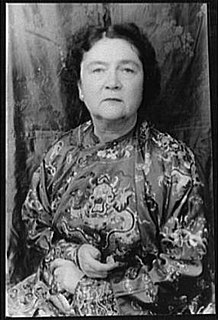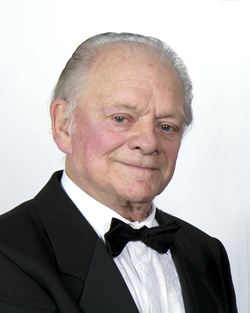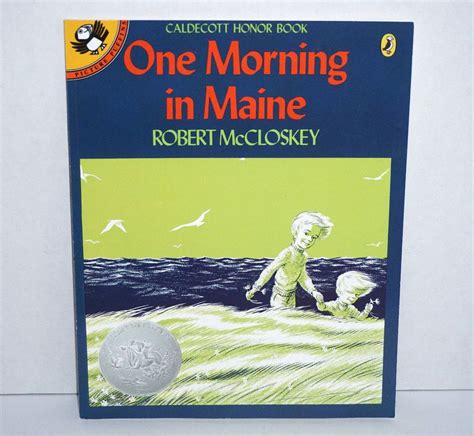A Quote by Ellen Johnson Sirleaf
My calling was first of all to ensure there was peace in the country, because we could easily have gone back to war. In the midst of the country, there were still warlords; there were many child soldiers who had never gone to school - they were part of the social setting - compromises had to be made.
Related Quotes
Those women who had gone out with Germans were grabbed and treated very badly, often shaved totally bald so that everyone could see who they were. Some were taken prisoners. There had been so much suffering during the war because of the betrayal of those collaborators, so many killed and hurt because of what they had done to families, that the mood for revenge against the traitors was very high. It was not right, but it was understandable.
Men had reached into the scrub and along its boundaries, had snatched what they could get and had gone away, uneasy in that vast indifferent peace; for a man was nothing, crawling ant-like among the myrtle bushes under the pines. Now they were gone, it was as though they had never been. The silence of the scrub was primordial. The wood-thrush crying across it might have been the first bird in the world-or the last.
Because in traditional Hindu culture menstruation is associated with a variety of social taboos, prolonged menstrual bleeding produced conflicts within families. The whole idea of fertility regulation was still extremely new in this setting and many husbands and other family members were angry when they found out that women had decided on their own to use the method and had gone to the clinic in secret.
He wanted to care, and he could not care. For he had gone away and he could never go back anymore. The gates were closed, the sun was down, and there was no beauty left but the gray beauty of steel that withstands all time. Even the grief he could have borne was left behind in the country of youth, of illusion, of the richness of life, where his winter dreams had flourished.
